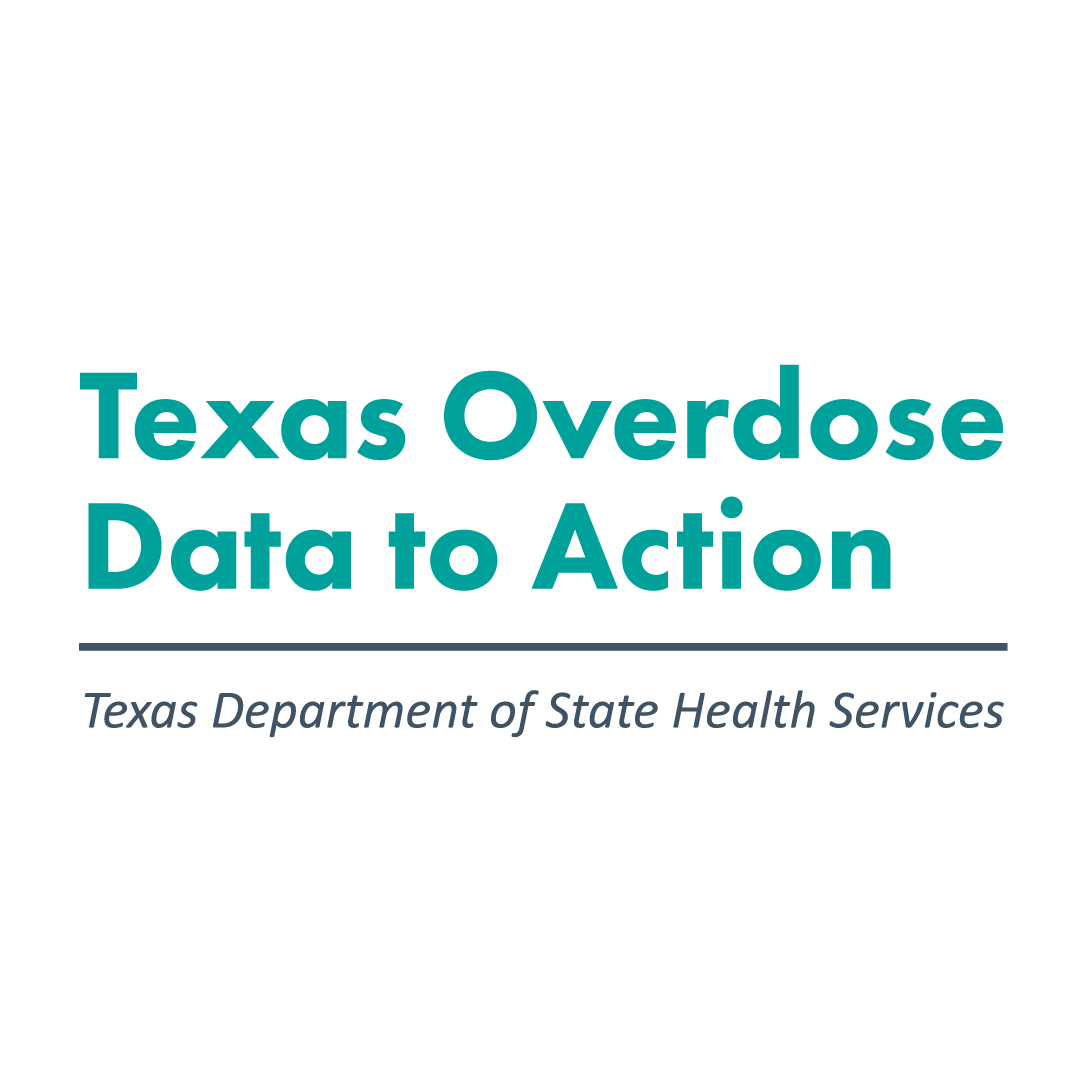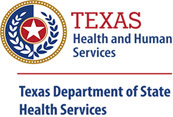

This activity reviews the 2022 CDC Clinical Practice Guideline for Prescribing Opioids for Pain to assist clinicians in providing effective, safe, and patient-centered pain management best practices. The course is designed to enhance knowledge and clinical decision-making, while reiterating the importance of a multimodal and multidisciplinary approach to managing pain. By reviewing the guideline recommendations, clinicians will explore strategies to reduce potential harm while balancing treatment decisions with individual patient needs.

This online activity is approved for a maximum of 1.0 CEU (1.0 contact hour) of continuing education credit.
Visit the CE accreditation information to view the different types of CE credit offered for this course.
Donald Stader, MD, FACEP, FASAM, presenter for this educational activity, is the founder and president of Stader Opioid Consulting, a company that provides opioid related education, policy and quality improvement services to hospitals, government organizations and physician groups. Stader Opioid Consulting does not produce, market, sell, or distribute healthcare products used by patients.
The planners and content contributors for this educational activity have no relevant financial relationship(s) to disclose with ineligible companies whose primary business is producing, marketing, selling, re-selling, or distributing healthcare products used by or on patients.
Conflicts of interest disclosed by presenters, authors, planners, peer reviewers, or relevant staff are always reviewed and mitigated prior to the delivery of the educational activity through a peer-review of content to ensure it is evidence-based, non-promotional and unbiased.
This continuing education activity is supported by Texas Overdose Data to Action (TODA) program, a public health initiative operated by the Texas Department of State Health Services (DSHS) through federal funding from the Centers for Disease Control and Prevention (CDC)'s Overdose Data to Action (OD2A) grant.
The views expressed in this online course do not necessarily reflect the official policies of the Department of Health and Human Services, Texas Health and Human Services, University of Texas System, UT Health San Antonio, UT Austin, the U.S. or Texas Government, or any of the entities they represent.
 |
 |
 |
If you have questions about course content or CE credit, please email the UT College of Pharmacy Continuing Education Office: UTpharmacyCE@austin.utexas.edu